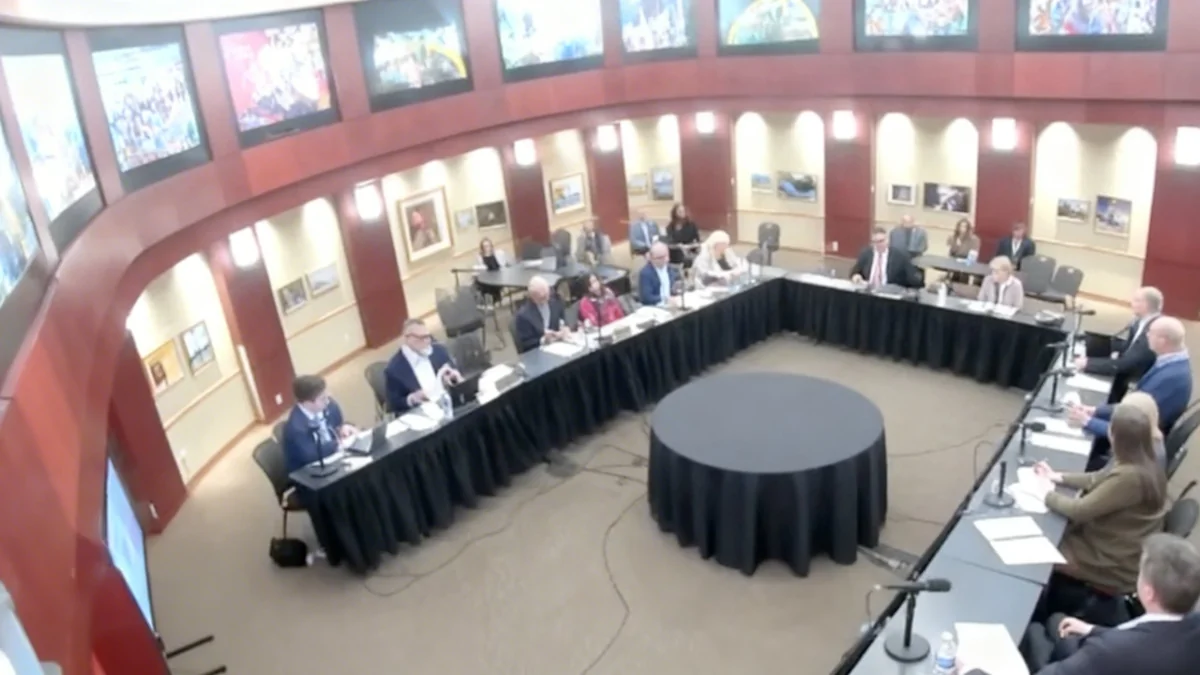A scholarship at a California university, once designated specifically for Black students, has been opened to applicants of all races following a legal challenge. The lawsuit, brought by a White student and a conservative nonprofit group, employed a surprising legal tool: a federal law enacted in 1871 originally designed to protect African Americans from the Ku Klux Klan.
This case marks a novel application of post-Civil War civil rights legislation and is being viewed by some legal experts as a potential new strategy for challenging race-specific programs in education and beyond.
Key Takeaways
- A California university scholarship formerly reserved for Black students is now open to all applicants.
- The change resulted from a lawsuit filed by a White student and a conservative nonprofit organization.
- The legal challenge was based on the Ku Klux Klan Act of 1871, a law created to protect the civil rights of Black Americans.
- Attorneys involved in the case suggest this legal approach could become a model for future challenges to race-based initiatives.
A Shift in Scholarship Criteria
The scholarship in question was established to support Black students pursuing their education at the California institution. However, its race-based eligibility requirements became the focus of a lawsuit alleging discrimination.
Filed by a White student in partnership with a right-wing nonprofit, the complaint argued that restricting the scholarship to a single racial group violated federal law. Faced with the legal challenge, the university ultimately agreed to remove the racial criteria, making the financial aid available to any student who qualifies based on other metrics.
This development occurs within a broader national conversation about race-conscious policies in higher education, particularly following recent Supreme Court decisions that have significantly altered the landscape of affirmative action.
An Unconventional Legal Strategy
The most distinctive feature of this case is the legal foundation used by the plaintiffs. Instead of relying on more modern civil rights statutes, their argument was centered on the Ku Klux Klan Act of 1871.
Historical Context of the 1871 Act
The Ku Klux Klan Act, officially known as the Civil Rights Act of 1871, was passed during the Reconstruction era. Its primary purpose was to provide federal protection for African Americans in the South who were facing widespread violence and intimidation from white supremacist groups like the KKK. The law was a crucial tool for the federal government to enforce the provisions of the Fourteenth Amendment.
The plaintiffs in the California case argued that the law’s protections against race-based discrimination should apply universally. They contended that a scholarship program excluding students based on their race, regardless of which race is excluded, constitutes a form of discrimination prohibited by this historic act.
"This is a victory for equality," an attorney representing the plaintiffs stated, framing the outcome as a step toward ensuring that all individuals are treated equally under the law, without regard to their racial background.
A New Blueprint for Legal Challenges
Legal advocates who brought the suit are promoting this strategy as a potential blueprint for dismantling other race-specific programs across the country. They believe the 1871 law offers a powerful, and perhaps unexpected, avenue to argue for a race-neutral application of civil rights protections.
This approach effectively repurposes a law created to protect a specific, historically oppressed group into a tool for challenging programs designed to benefit that same group. Critics of this strategy argue that it ignores the original intent and historical context of the legislation.
The Law's Original Intent
The Ku Klux Klan Act of 1871 was specifically enacted to combat lawlessness and protect the civil and political rights of newly freed African Americans during Reconstruction. Its use in this modern context represents a significant departure from its historical origins.
Broader Implications for Higher Education
The resolution of this case could have far-reaching consequences for universities and organizations that offer scholarships or programs targeted toward specific minority groups. Legal experts anticipate a potential increase in similar lawsuits across the nation.
Institutions may now feel compelled to review their own financial aid programs to assess their vulnerability to legal challenges. This could lead to a widespread shift away from race-specific scholarships toward broader criteria, such as socioeconomic status or first-generation college student status, to promote diversity.
The National Debate Continues
This case is another chapter in the ongoing national debate over the role of race in American society and law. It highlights the deep divisions over how to best address historical inequities while upholding the principle of equal opportunity.
As more groups adopt this legal strategy, courts will likely be forced to further clarify the application of Reconstruction-era laws in the 21st century. The outcome of these future cases will continue to shape the policies of educational institutions and the definition of equality in the United States.





